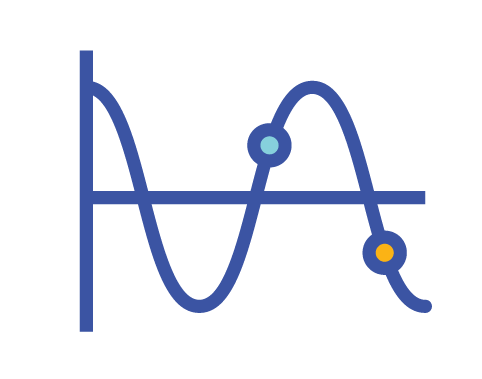Biofeedback
-
Biofeedback uses real-time monitoring of physiological processes (such as heart rate, muscle tension, and skin temperature) to teach individuals how to consciously increase flexibility in their nervous system. Through increased self-awareness and learned skills, biofeedback empowers patients to manage their body’s responses to stress and anxiety.
-
Sensors are attached to the body to monitor physiological signals.
Feedback is provided via visual and auditory signals, allowing patients to learn how to modify their body’s responses.
Over time, this training helps individuals gain better control over stress and anxiety responses.
-
Reduces stress and anxiety
Improves sleep patterns
Enhances relaxation and well-being
Manages chronic pain
Helps with conditions like migraines, muscle tension/pain, hypertension, and asthma
-
If you experience stress, chronic pain, anxiety, or sleep disorders, biofeedback could be a great option.
Individuals dealing with hypertension, migraines, or stress-related conditions will also see benefits.


